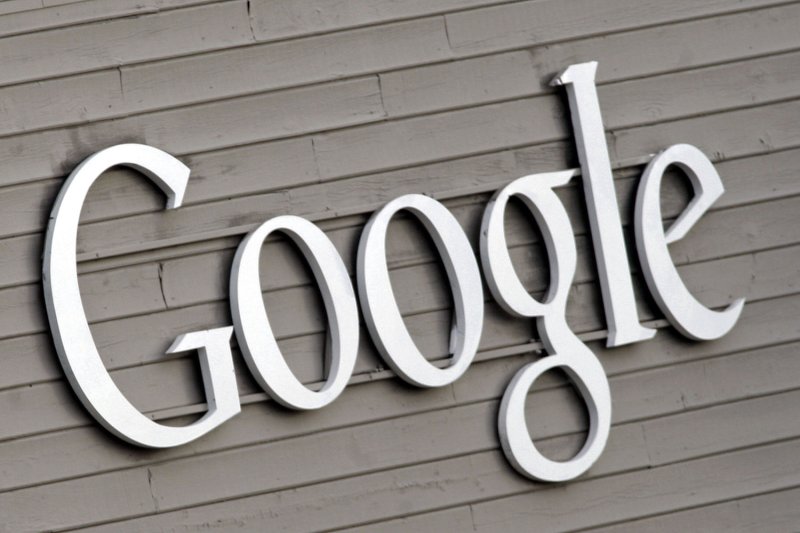Recent actions by Google and Twitter show a willingness on their part to engage in some give-and-take as they push their efforts at Internet and social media dominance -- and find some governments pushing back. UPI/Mohammad Kheirkhah |
License Photo
Recent actions by Google and Twitter show a willingness on their part to engage in some give-and-take as they push their efforts at Internet and social media dominance -- and find some governments pushing back.
The battle lines are forming between companies that want a free and open Internet as the pathway to business success and governments unhappy with freedom and openness in the hands of citizens.
In that battle, Google and Twitter have shown themselves willing to consider the occasional strategic retreat.
First, Twitter announced the ability to censor selected tweets within a country, as opposed to simply cutting off service entirely. Previously Twitter said it could only consider an "all or nothing" strategy.
Twitter tried to meet criticism by saying it would ensure more people would see tweets, not fewer.
The ability to mask or censor certain messages would mean only a small percentage of users would lose access, the company said.
"When we receive [a takedown notice]," Twitter Chief Executive Officer Dick Costolo said, "we want to leave the content up for as many people as possible while adhering to the local law."
Twitter's move was followed by an announcement by Google that its blogger sites can be blocked on a "per country" basis and it could -- and would -- block access to particular blogs in individual countries following a legal removal request from the government.
The decision, Google said, meant it would not have to resort to restricting worldwide access to a blog.
"If you visit a blog that does not correspond to your current location as determined by your IP address, the blogspot servers will redirect you to the domain associated with your country," Google said in a statement about the changes.
The decisions by Twitter and Google have been roundly criticized by free speech advocates and those favoring an open, uncensored Internet.
On the other side are governments that witnessed the impact the Internet and social media outlets like Twitter and Facebook had on the Arab Spring uprisings last year despite government attempts to control or shut down lines of communications.
Those protesters were quick to realize the vital resource offered by the Internet and mobile communications.
As one anonymous activist in Egypt tweeted, "we use Facebook to schedule the protests, Twitter to coordinate, and YouTube to tell the world."
Different regimes have attempted various strategies to stay in control of communications, including attempting to shut down the Internet entirely within their borders.
In China, which has a long history of censoring the Internet, new rules were announced that users of the country's popular microblogs would have to provide authorities with their true identities before being allowed to post.
So the dilemma for Twitter, Google and other social media entities remains a serious one: Do they allow a country's government to dictate the terms operations, or do they, under the principle of a free and open Internet, risk losing access to that country -- and its millions of potential users -- completely?















